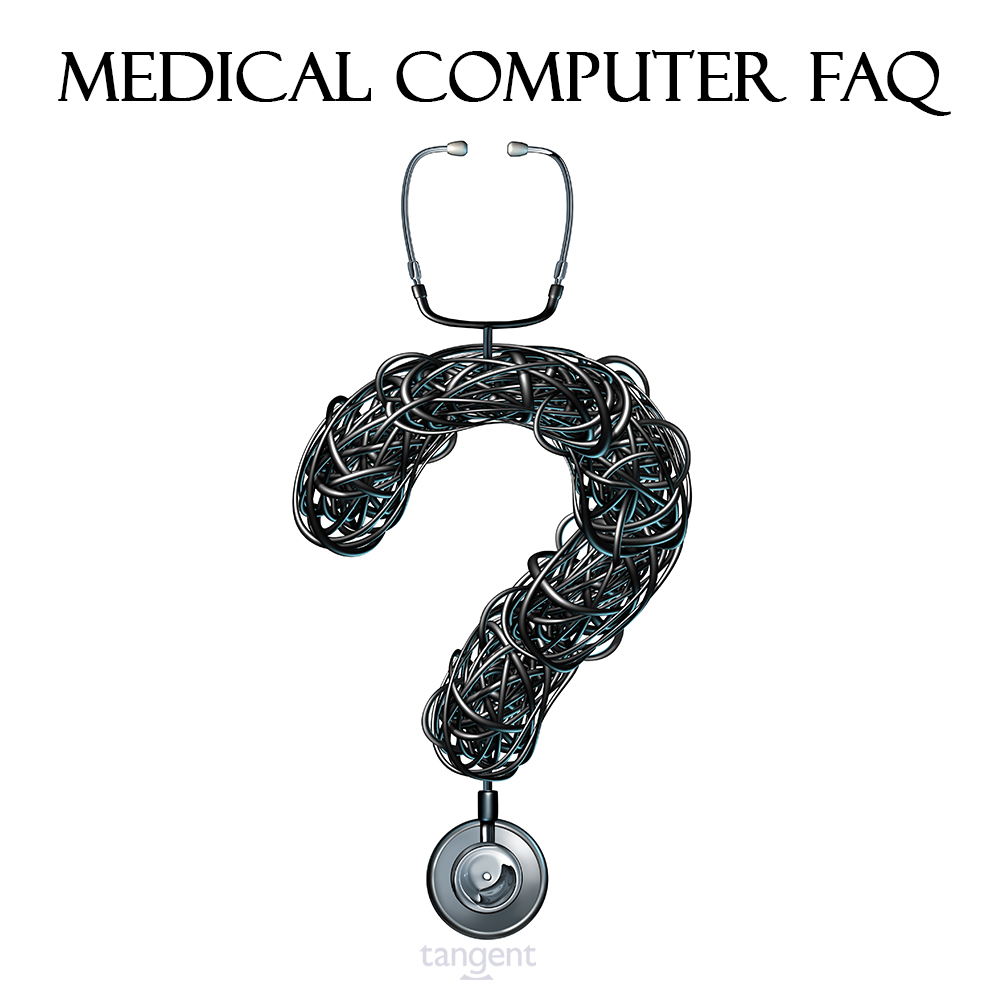Medical Computers Explained Medical computers are constructed and tested to go above and beyond the capabilities, usage, and expected lifespan of standard consumer grade computer systems and components. They are purpose built for use in clinical environments where infection control, patient safety, durability, and uptime are of the utmost importance. Infection control is achieved […]
